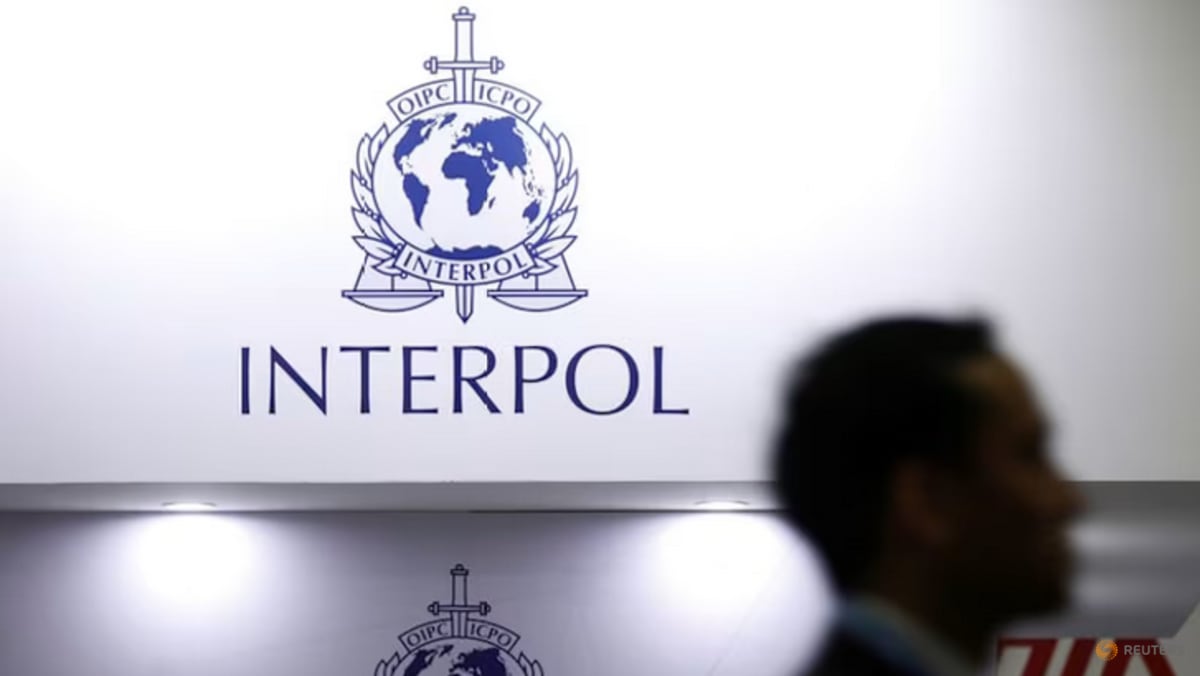Mr Fabio Bruno, an assistant director at the agency’s innovation centre, said some main challenges in today’s crimefighting are synthetic media and AI-generated content, which can be tricky to detect.
The agency is working with partners to develop systems that spot deepfakes and other artificially generated material.
“(They can come in the form of) misinformation, disinformation, and also for committing scams, frauds impersonating other people that’s blackmailing or tarnishing their reputation,” he said.
“This is why Interpol believes that it’s very important to focus and be prepared for these emerging kinds of crime.”
INFORMATION SHARING IS KEY
Still, agencies have said AI is not a magic fix. When artificial intelligence crosses into legal and ethical territory, the challenges multiply and the stakes get even bigger.
“A lot of times, specifically with particular AI models, it’s very difficult to understand how they reach a decision,” said Interpol innovation and technology officer Julie Tomaszewski.
“So, if this is then presented in court, and neither the court nor the defendant can really explain how this (decision) came out, then obviously admissibility in court is a problem.”
Beyond advanced technology, officers emphasised that communication and regular on-the-ground training foster partnerships and strengthen cooperation between members to uphold global law and order.
“When we are delivering and designing the different trainings, we are enhancing the skills and the competencies of the police officers in those countries,” said Mr Rastislav Sasik, a senior project manager in capacity building and training.
“They can then benefit as a community, and benefit from those they are trained within the Interpol global standards and contribute to the safety in the countries.”
When Interpol was first created in 1923 – then known as the International Criminal Police Commission – only one Asian country was involved: Japan.
This year, the agency brought together 26 Asian countries to combat the malicious use of information stealer malware.
The operation, which lasted several weeks, disrupted and took down 20,000 IP addresses associated with the malware, and led to 32 arrests.
While crimefighting tools may be evolving, Interpol said its mission remains the same: to train more effectively, respond more swiftly and work together across borders.
As threats become more complex, Interpol said Singapore will remain a critical global hub.
